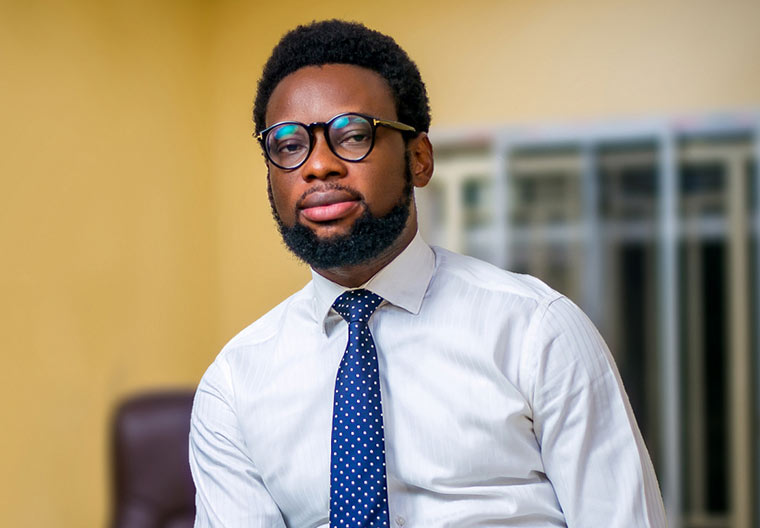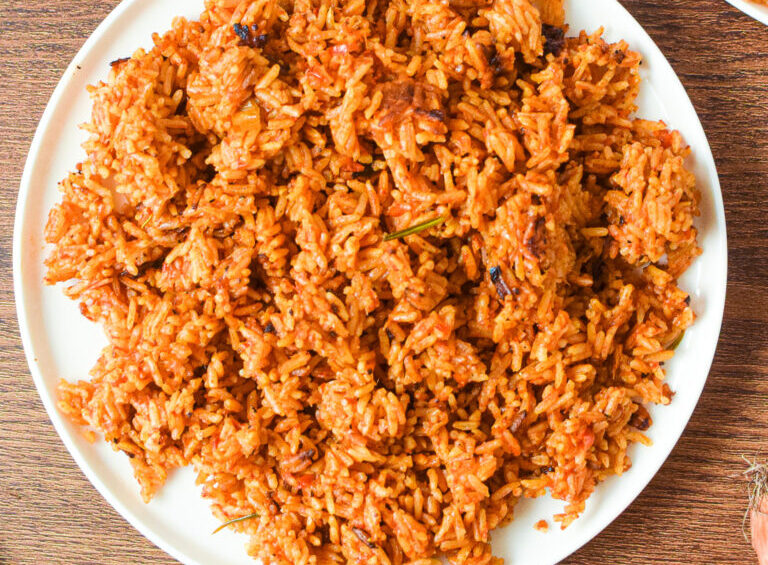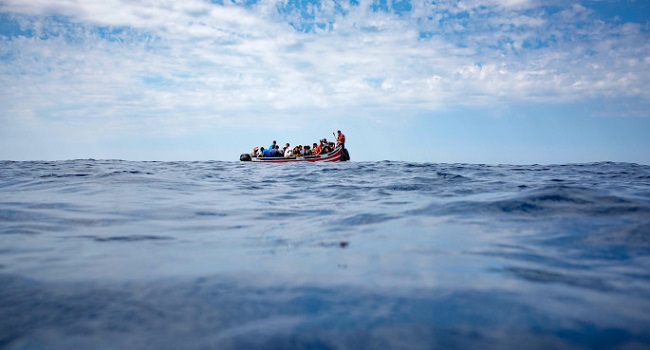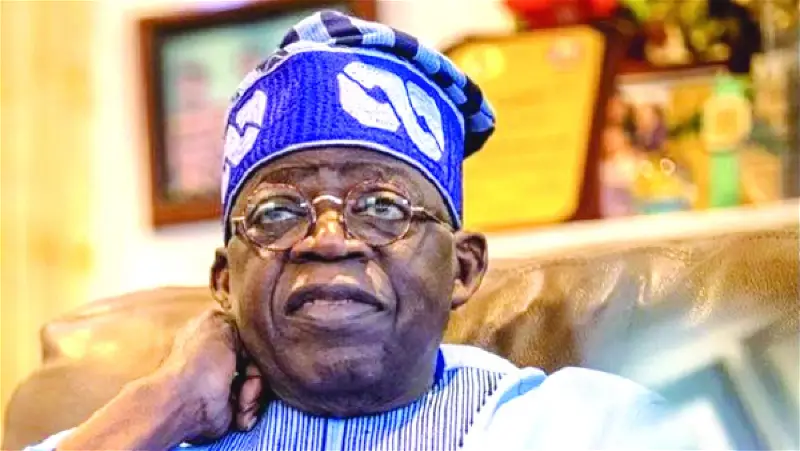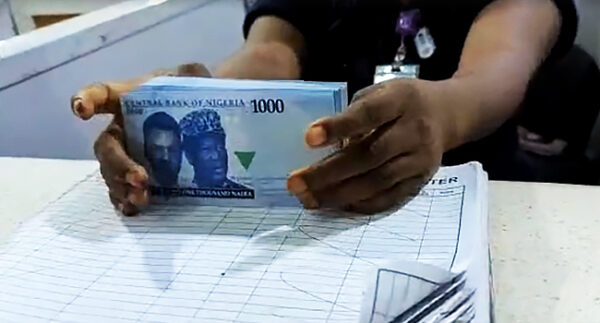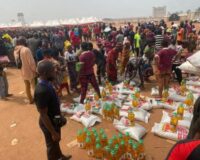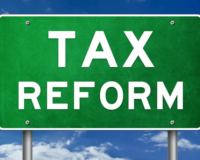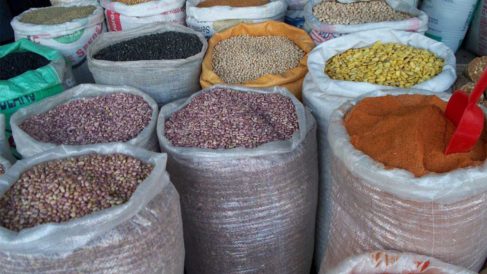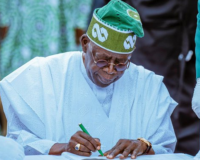Minimum wage: FCT workers begin indefinite strike today
The Federal Capital Territory Council of the Nigeria Labour Congress has directed workers in the six area councils of the FCT to embark on an indefinite strike on December 1, 2024, until further directives are issued. This was contained in a letter obtained by our correspondent on Saturday and signed by the Chairman of the […]



